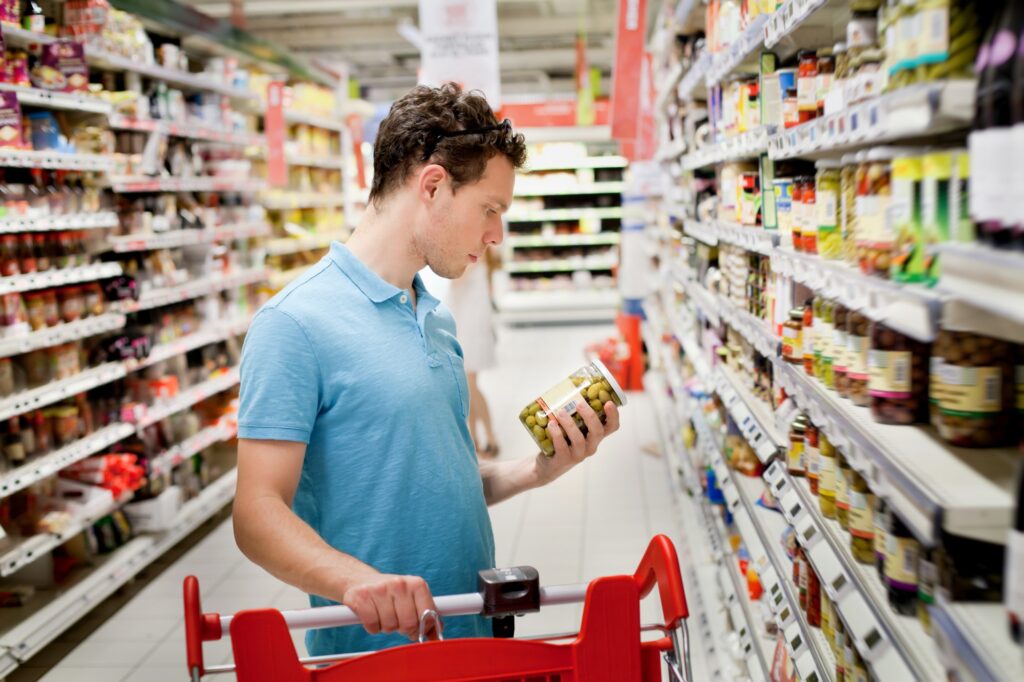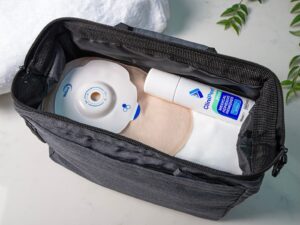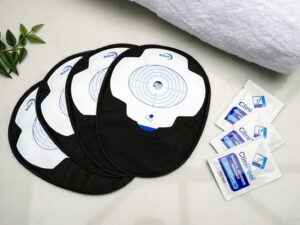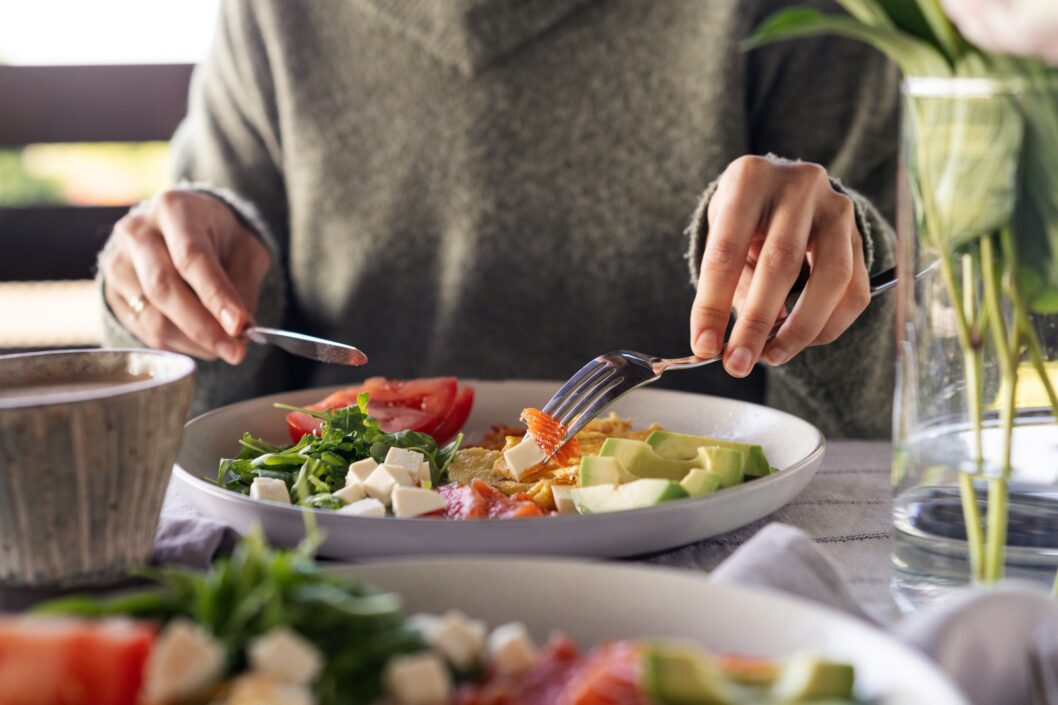Many new ostomates worry about the effect their stoma will have on their ability to eat normally. But usually, once you’ve recovered from the operation, you should be able to eat what you did before. We’ve put together some answers for the most asked questions about diet and nutrition with a stoma.
What foods should I avoid with a stoma?
There are no hard and fast rules about what foods to avoid when you have a stoma. It can often be a case of trying something to see if it suits you, as what affects one person may be fine for others. Some foods such as cruciferous vegetables like cabbage can cause wind. So, if you are worried about flatulence then you may want to try excluding them and then reintroducing them one by one to see if they might be causing you issues.

How can I prevent dehydration?
To avoid dehydration, aim to consume 8-10 cups of fluids daily, unless advised otherwise by a healthcare professional. Alcohol can be dehydrating so it may be a good idea to limit the amount you drink. During intense physical activity or in hot weather, you may become more easily dehydrated. This is due to electrolytes being lost through sweating. Isotonic drinks or a serving of regular cola (full-sugar) with a salty snack like crisps can help replace the lost electrolytes.
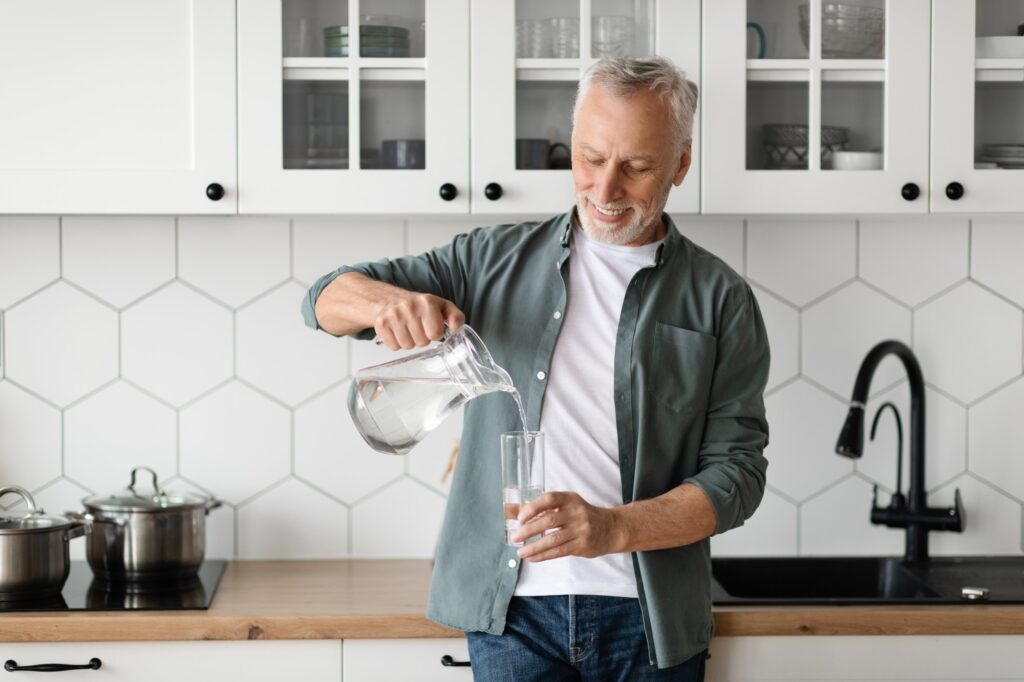
Do I need to take any supplements?
The amount of nutrients your body absorbs may change after your stoma surgery. You may need to take supplements to make sure you are getting the vitamins and minerals you need. If you are concerned about this talk to your healthcare professional.
Are there specific eating habits I should adopt?
Certain eating habits can help prevent complications and improve digestion for people with stomas. These can include chewing food thoroughly and eating smaller, more frequent meals.

Diet and Nutrition Guide
If you need more advice and information, you can download our free guide to diet and nutrition for people with a stoma.
